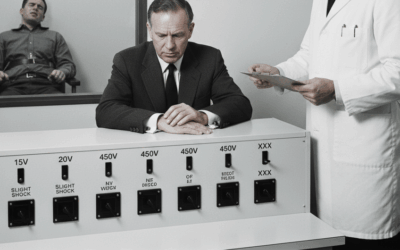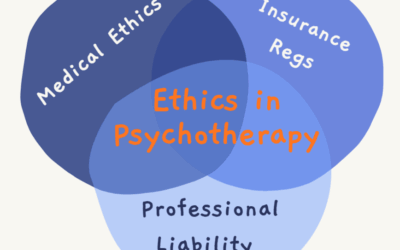The Role of Neuromodulation in Treating Anxiety Disorders in Hoover, Birmingham

Anxiety disorders affect countless individuals in Hoover and Birmingham, Alabama. While traditional treatments can be effective, innovative clinics like Taproot Therapy Collective are bringing neuromodulation techniques to the forefront of anxiety treatment in the area.
What is Neuromodulation?
Neuromodulation refers to a range of techniques that use electrical or magnetic stimulation to modulate brain activity. Clinics in Hoover and Birmingham, such as Taproot Therapy Collective, use these techniques, which include transcranial magnetic stimulation (TMS), transcranial direct current stimulation (tDCS), and neurofeedback, to target specific brain regions associated with anxiety.
The Neurobiology of Anxiety
To understand how neuromodulation can help treat anxiety, it’s important to first understand the neurobiology of anxiety disorders. Research has shown that anxiety is associated with abnormal activity in specific brain regions, including the amygdala, prefrontal cortex, and hippocampus. By targeting these regions with neuromodulation techniques, Hoover and Birmingham clinicians can help restore balance to the anxious brain.
TMS for Anxiety Disorders in Hoover and Birmingham
Transcranial magnetic stimulation (TMS) is a non-invasive neuromodulation technique that uses magnetic fields to stimulate specific brain regions. Taproot Therapy Collective in Hoover, Birmingham, uses TMS to target the prefrontal cortex, which has been shown to reduce symptoms of anxiety. TMS is FDA-approved for the treatment of depression and is increasingly being used to treat anxiety disorders in the Birmingham area.
Neurofeedback for Anxiety in the Birmingham Area
Neurofeedback is another neuromodulation technique that has shown promise in treating anxiety disorders. Clinics like Taproot Therapy Collective in Hoover, Birmingham, use neurofeedback to train individuals to regulate their own brain activity through real-time feedback. By learning to modulate brainwave patterns associated with relaxation and focus, individuals in the Birmingham area can reduce anxiety symptoms and improve overall emotional regulation.
The Future of Neuromodulation for Anxiety Treatment in Hoover and Birmingham
As research continues to demonstrate the effectiveness of neuromodulation techniques for treating anxiety disorders, these innovative approaches are poised to revolutionize anxiety treatment in Hoover and Birmingham. By offering targeted, non-invasive solutions that address the underlying neurobiological imbalances, neuromodulation holds immense promise for improving the lives of those struggling with anxiety in the Birmingham area.
Conclusion
Anxiety disorders can be debilitating, but Hoover and Birmingham residents have access to innovative neuromodulation techniques like TMS and neurofeedback at clinics like Taproot Therapy Collective. By targeting the specific brain regions and brainwave patterns associated with anxiety, these approaches are helping individuals in the Birmingham area rewire their anxious brains and reclaim their lives. As research in this field continues to evolve, the future of anxiety treatment in Hoover and Birmingham looks brighter than ever.


























0 Comments